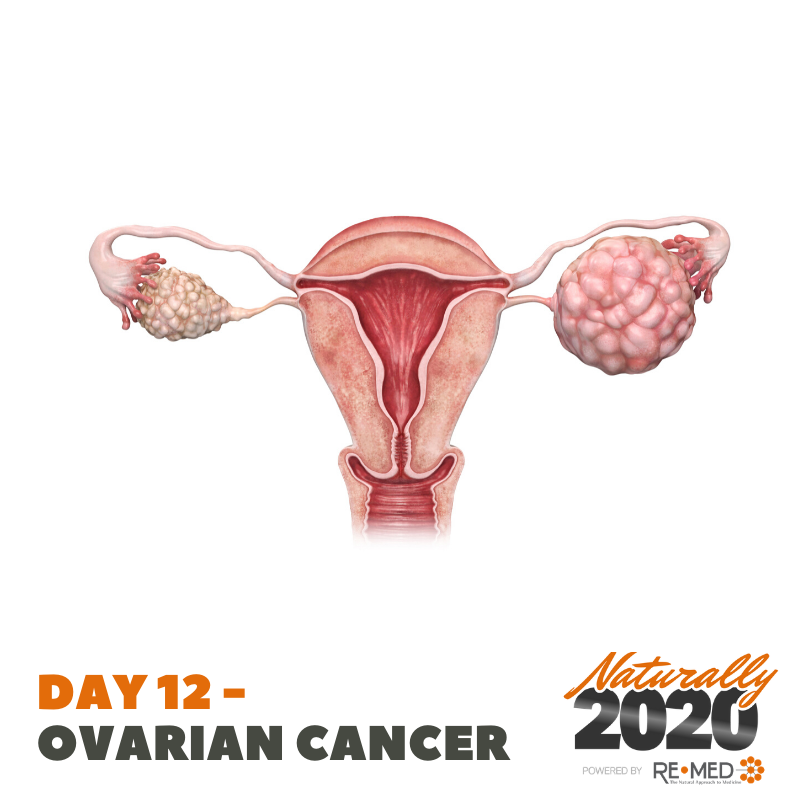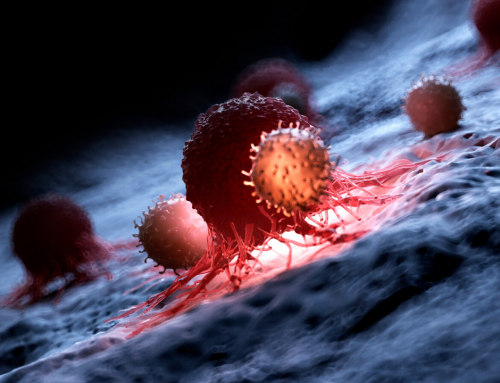February is Ovarian Cancer Awareness Month. Every year, over 1,510 women in Australia are diagnosed with ovarian cancer making it the eighth most common cancer in Australia. Given that there are no screening tests for Ovarian cancers and symptoms are often vague and non-specific, it is important that every woman is aware of her risk factors and what signs and symptoms to look out for.
Signs & Symptoms of Ovarian Cancer
In the early stages, ovarian cancer presents with few symptoms and any symptoms present are often vague and non-specific, which is why it is usually not diagnosed until the later stages. There is no early detection test for ovarian cancer, so all women need to be aware of the symptoms. The most commonly reported symptoms for ovarian cancer are:
- Increased abdominal size or persistent abdominal bloating
- Abdominal or pelvic (lower tummy) pain
- Feeling full after eating a small amount
- Needing to urinate often or urgently
Other symptoms include:
- Changes in bowel habits
- Unexplained weight loss or gain
- Excessive fatigue
- Lower back pain
- Indigestion or nausea
- Bleeding after menopause or in-between periods
- Pain during sex or bleeding after sex
Understanding the Risks
There are some factors that may increase a woman’s risk of developing ovarian cancer. Some of these risk factors we can’t do anything about but there are some modifiable risk factors.
Risk factors for Ovarian Cancer include:
- Increasing age- Ovarian Cancer can happen at any age but is more common in women who have been through menopause with the average age of diagnosis being 64
- Hereditary Factors- these account for approximately 20% of ovarian cancers. Hereditary factors include:
- Having the BRCA1 or BRCA2 gene
- Having a strong history of ovarian, breast or some other cancer (colorectal or endometrial cancer)
- Having endometriosis, a previous breast cancer or diabetes
- Use of hormone replacement therapy (HRT)
- Being overweight
- Smoking
- Diet high in saturated fat and meat
- Not having had children or having your first child over the age of 35
- Use of talcum powder in the genital area
- Early puberty or late menopause
Reducing the risk of Ovarian Cancer
The following has been shown to reduce the occurrence of Ovarian Cancer:
- A diet high in vegetables, low in saturated fat and red meat
- Exercise
- Green tea- drinking one cup per day reduced the risk by 24% and two cups by 46%, as you add more cups, you can decrease the risk by another 18% per cup
- Ginkgo biloba
- Vitamins C and E
- Adequate vitamin D levels
- Maintaining a healthy weight
Naturopathic Co-Management in Ovarian Cancer
Naturopathic care alongside conventional treatment for Ovarian cancer aims to:
- Reduce side-effects of conventional treatment
- Avoid negative interactions with conventional treatment
- Enhance positive interactions
- Reduce risk of recurrence
Supplement use in people with cancer is very high with an estimated 91% of newly diagnosed patients using some form of nutritional or herbal supplement and while there is a lot of research on the benefits of specific supplementations there are also some negative interactions to be aware of and to avoid.
For this reason, it’s important that advice is obtained from a professional who is experienced in working with clients with cancer before starting on any herbal or nutritional supplement both to ensure that you are avoiding potential negative interactions AND that you are taking the right supplements for you, the type of cancer you have and the treatment you are you undergoing.
If you are interested in finding out more about how a naturopath can help, we offer free 20-minute consultations in person, via the phone or online. Call 1300 173 633 or book online at www.remed.com.au







Leave A Comment